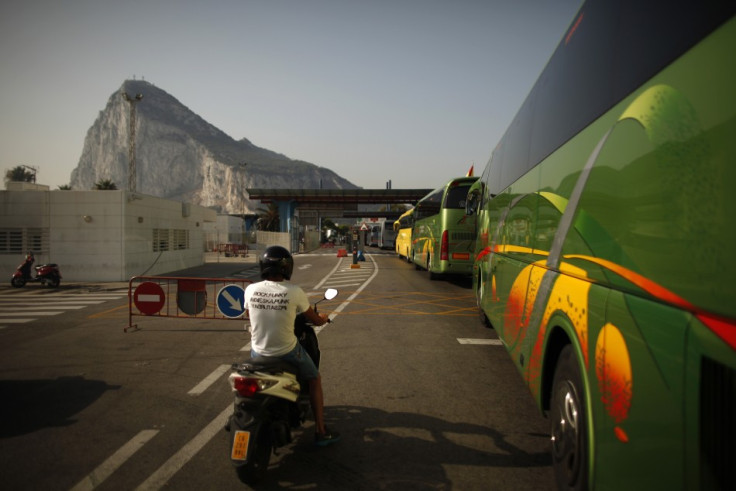Gibraltar: Cameron and Rajoy Attempt to Ease Escalating Fishing Row

British prime minister David Cameron said his Spanish counterpart Mariano Rajoy agreed to reduce security checks at the Gibraltar border, to soothe growing tensions between the two countries.
However the claim was not confirmed by Madrid, signalling the two European allies are still far from finding a solution to row that threatens to damage bilateral relations.
"Prime Minister Rajoy committed to reducing measures at the border," a Downing Street spokesperson said, commenting a 10-minute phone call between the two heads of state.
However, Spain immediately suggested that the border controls are "allowable" under European rules, suggesting that tensions may still heightening.
Spain tightened security measures in retaliation to Gibraltar authorities building an artificial reef that it blocked its fishermen from entering a bay near Gibraltar airport.
Gibraltar maintains the reef is to preserve fishing stock as it intends to create a marine reserve.
Cameron Tweeted:
Constructive call with Spain's PM Rajoy. I made clear my concerns re Gibraltar and that our position on sovereignty won't change.
— David Cameron (@David_Cameron) August 7, 2013
Rajoy replied he accepted to speak to Cameron upon London's request and that the security measures in place at the Gibraltar border are needed to "prevent illegal trafficking" and perfectly fulfil international standards and agreements.
The Moncloa Palace also blamed Gibraltar for triggering the diplomatic row, saying the dumping of 70 concrete blocks in the bay was an "unacceptable unilateral act."
"[The dumping] has led to considerable discontent and significant concerns in Spain following the harm caused to the environment and fishing activity," Rajoy said.
Gibraltar's chief minister, Fabian Picardo, this week accused Madrid of "sabre-rattling" and behaving like North Korea.
The Prime Ministers' phone call came after the UK ambassador to Madrid, Giles Paxman, lodged a formal protest with Spanish authorities over the increased border checks Britain says are disproportionate.
Madrid has also threatened to levy a €50 (£43) charge on vehicles crossing the border and to close airspace.
© Copyright IBTimes 2025. All rights reserved.






















